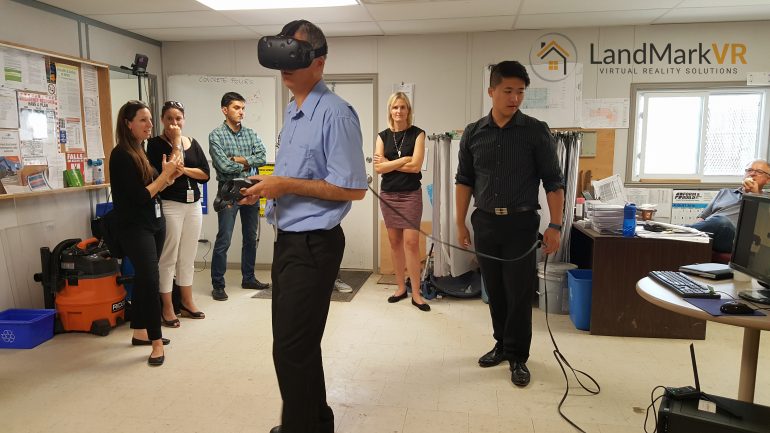When Anson Wang moved to China in 2014 to help one of his best friends break into the VR market through a company called ConductorVR, he saw firsthand its potential to disrupt the real estate industry. The company worked with real estate developers to create virtual showrooms for homes and offices. “Before, they would be spending three months building an actual model home or showroom; now they can our service and do it under 14 business days,” said Wang. The team raised a $1 million USD seed round, and the company has done about 150 projects.
“The China VR market is booming; it’s exploding compared to anywhere else in the world. The Chinese real estate market is also the most vibrant in the world. Home developers are able to make so much money because they know how to leverage cutting edge technology to save costs,” said Wang.
After two years of working with ConductorVR in China – where Wang claims they have the top market share for VR real estate showrooms — Wang moved back to Waterloo in June of this year to bring that VR expertise to the North American market. LandmarkVR is his software development company building showrooms for real estate developers, construction companies, and architect companies.
While Wang says that ConductorVR and LandmarkVR aren’t officially affiliated, they share the talent; ConductorVR will contribute code and base structure from its 50 engineers, while the content is localized for the North American market by LandmarkVR. Wang said that he decided to make the move to Waterloo both to have more control of his own company, and to take a break from the demanding China market.
“I see a future in Canada, and I love Canada. I enjoy the freedom, the lifestyle, and values. In China, when you do business, you don’t feel as valued in a way,” said Wang. “Our efficiency is 14 business days for huge projects, and developers will say they need it done next week even if we just have the files today. And our team has to work 20-hour workdays to finish these on time. So it is bittersweet that we have this efficiency time.”
However, Wang concedes that there are limitations to Canada’s market; because its VR ecosystem isn’t as strong, Wang has to work harder to educate potential customers on the value of his service. “VR is widely accepted in China, it’s the only way to sell pre-built homes. In Canada, you have to show them in person how good it is, because when you talk to them they can’t visualize it,” Wang said. “Things move slow [in Canada], a lot of people are stuck in their own ways, they don’t like to think about new ideas. The biggest resistance I have is that people don’t believe in this until they see it.”
Wang has been cold calling potential clients himself over the past few months, and so far has secured two clients, including Ellis Don. Landmark will build an interactive virtual reality operating room for the Joseph Brant hospital that Ellis Don is renovating in Burlington.
Over the next year, Wang plans to continue the push to make VR more widely accepted among developers in Canada. “The end goal is to make the VR showroom the industry standard.”


